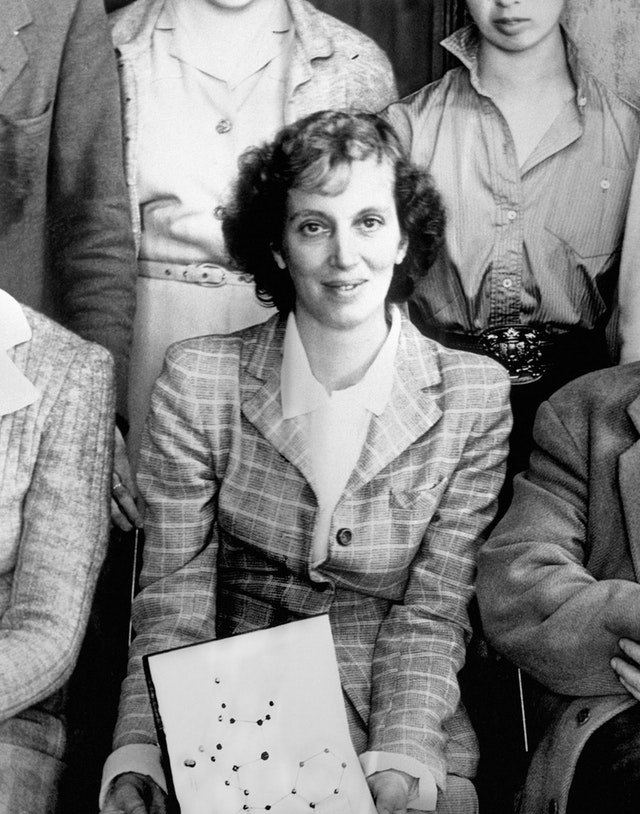Almost 1,000 scientists made the long list for the Bank of England’s new £50 note – here are some of the most famous names.
Stephen Hawking, 1942 – 2018 – The most famous physicist and cosmologist of the modern age, Hawking is arguably best known for his work on black holes and his 1974 discovery that they emit radiation. Dubbed “Hawking radiation”, the finding caused controversy as it was widely believed that nothing, not even light, could escape their gravity.
Alan Turing, 1912-1954 – One of the most influential figures in the development of theoretical computer science and artificial intelligence, Turing also played a vital part in the development of the Enigma Machine at Bletchley Park during the Second World War.

Dorothy Hodgkin, 1910-1994 – Hodgkin confirmed theories on the structure of penicillin and vitamin B12 and discovered the structure of insulin through her advancement of X-ray crystallography – the technique used to determine the three-dimensional structure of molecules.
Rosalind Franklin, 1920-1958 – The chemist and X-ray crystallographer’s work was integral to the discovery of the structure of DNA, and was the first to suggest that it may be helical.

Magnus Pyke, 1908 – 1992 – The nutritionist was famous for his work promoting the importance of a nutritious diet to the British public and worked to find alternatives to vital foodstuffs during wartime food shortages.
Marie Stopes, 1880 – 1958 – Although a palaeobotanist – someone who studies plant fossils – by training, Stopes campaigned for women’s access to birth control and founded a network of family planning clinics. Although the clinics that bear her name now offer abortions, Stopes was opposed to abortion in her lifetime.
Charles Babbage, 1791 – 1871 – A mathematician and pioneer of computing. His “Difference Engine” developed in the 1820s was one of the forerunners of the computer.

Elizabeth Garrett Anderson, 1836 -1917 – The first woman to openly qualify as a doctor in Britain, Garrett Anderson also founded her own medical school. A noted suffragist, she also became the first female mayor and magistrate in Britain.
Isambard Kingdom Brunel, 1806 – 1859 – One of the most successful engineers in British history, his achievements include the Clifton Suspension Bridge, the Great Western Railway and Great Britain – the first iron-hulled, propeller-driven ship to cross the Atlantic ocean.


